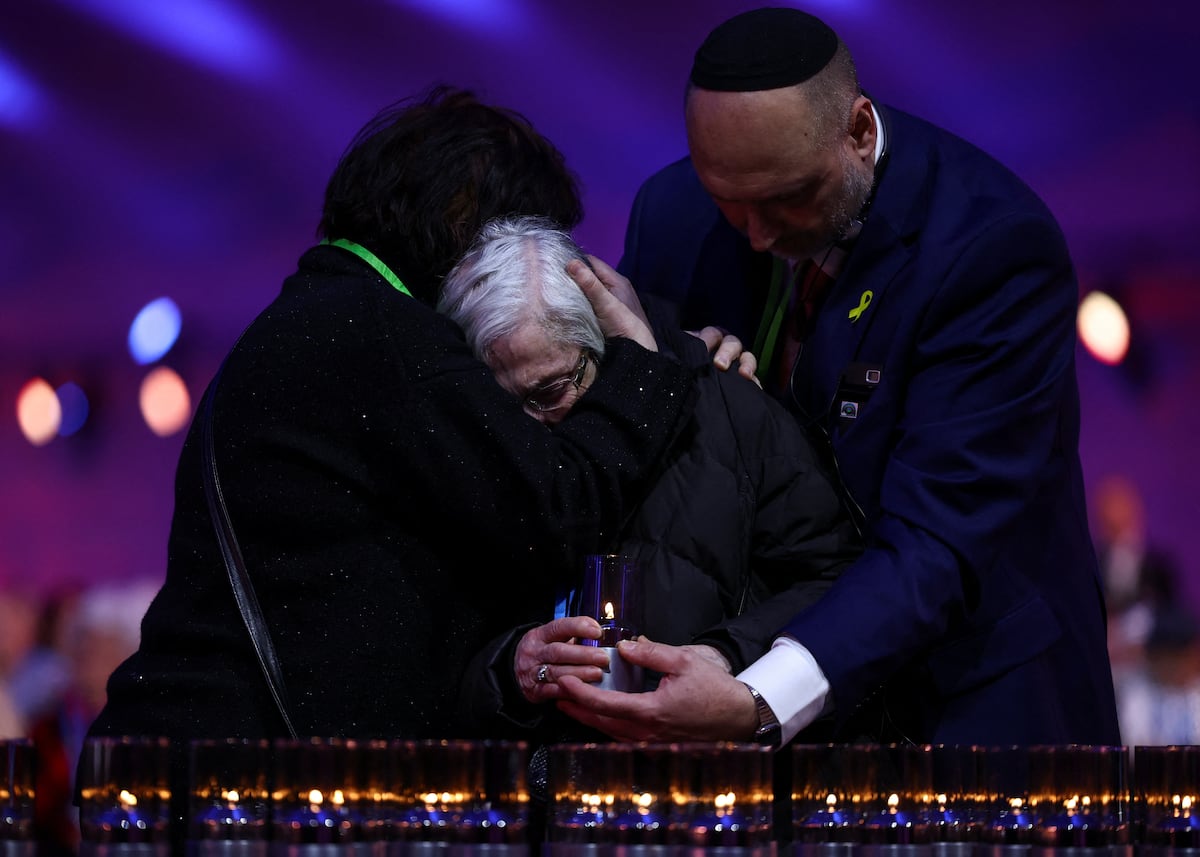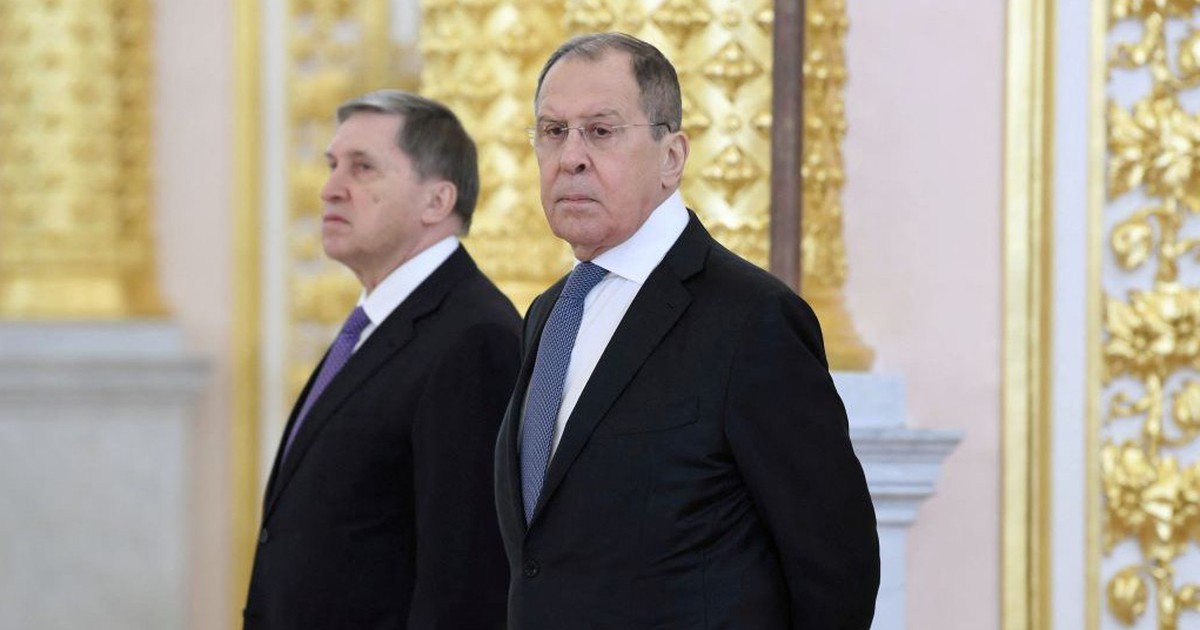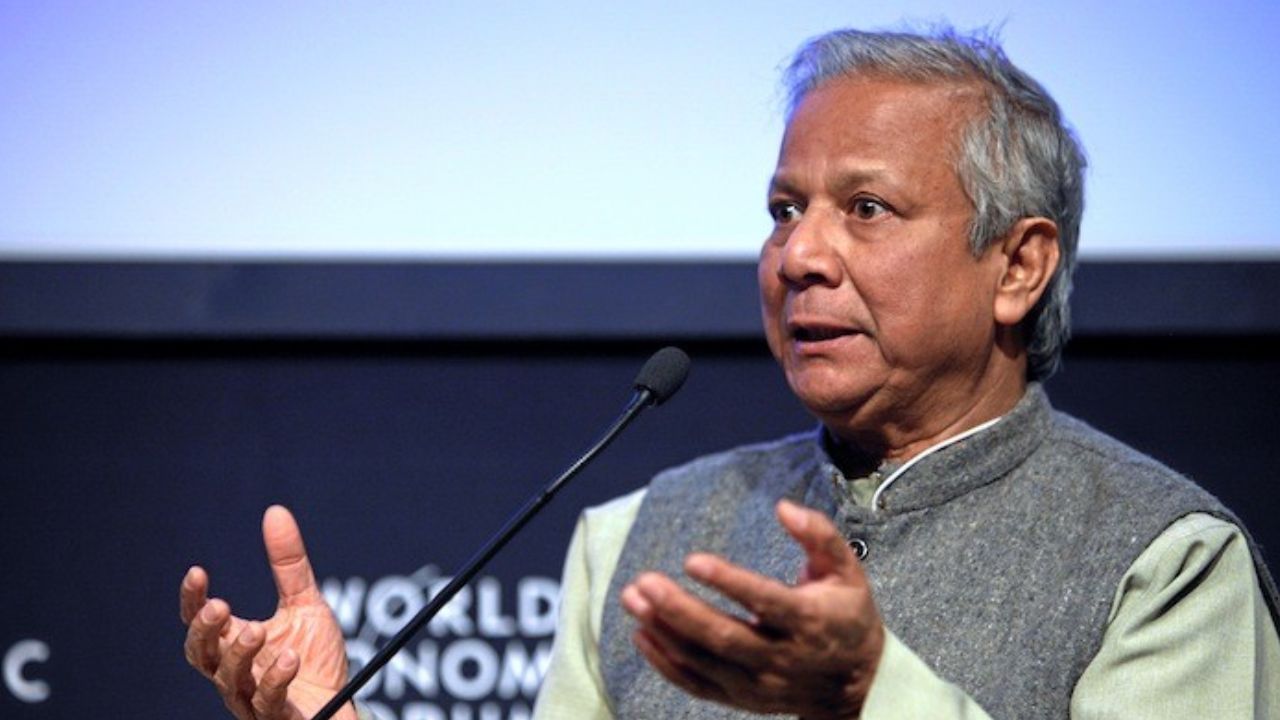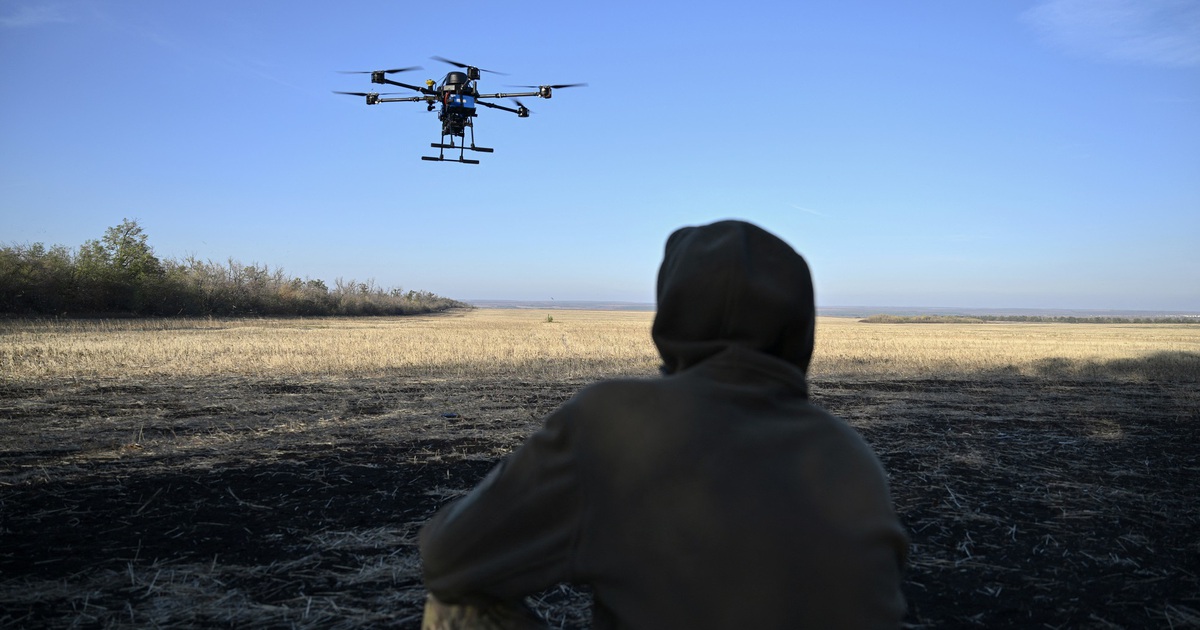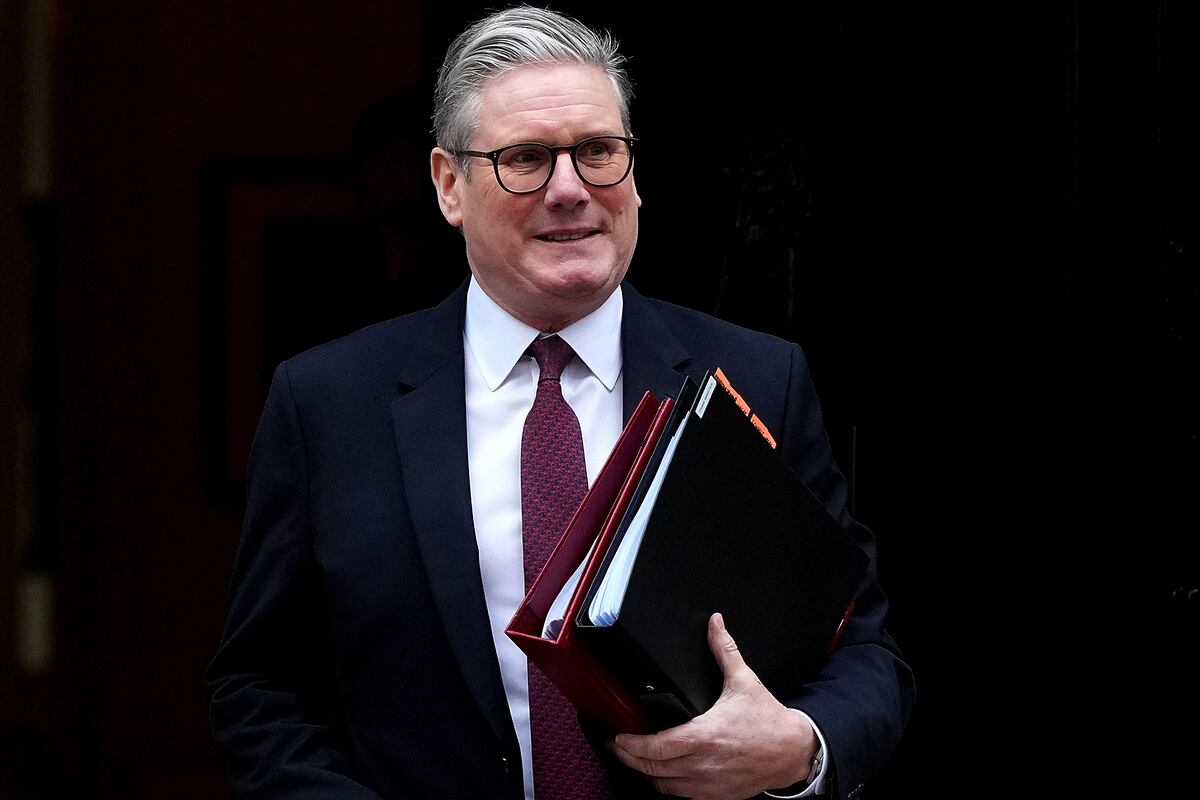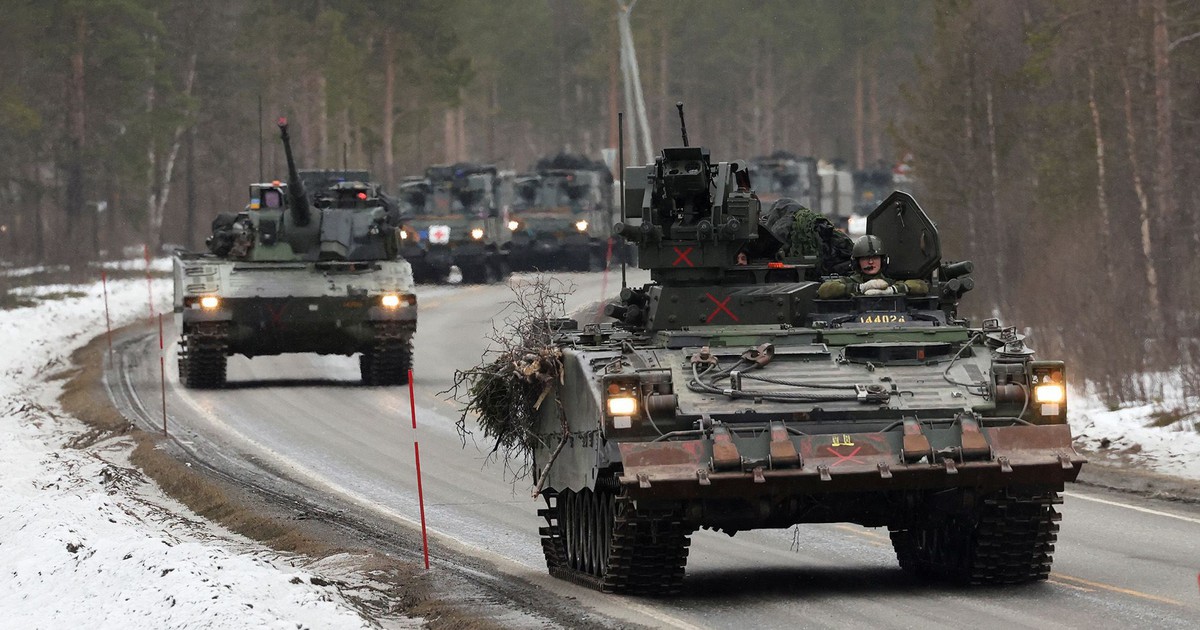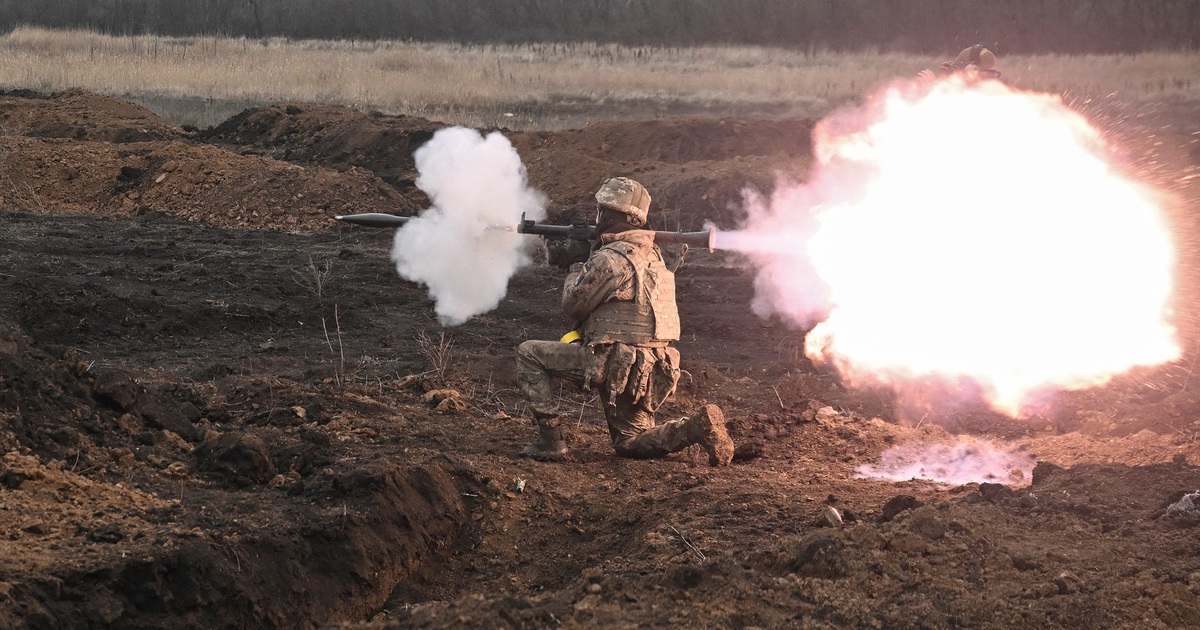The Nazi extermination camp of Auschwitz-Birkenau in which Adolf Hitler developed the industrial machinery with which he killed, in these facilities in the south of occupied Poland alone, 1.1 million people – most of them Jews – woke up covered in frost and haze this Monday. This January 27 marks the 80th anniversary of their liberation, a round date that has brought together delegations from more than fifty countries to the camps converted into a museum in Oswiecim, the Polish municipality that housed them. The message “never again” has resonated more than ever on this occasion.
Holocaust survivors have warned about the rise of anti-Semitism and the far right in the world. “The commemoration of the anniversary of the liberation of Auschwitz serves as a reminder of the inhuman treatment of people and as a warning against the increasingly vocal movements of the radical and anti-democratic right,” said Leon Weintraub, during his speech at an emotional ceremony. 99 years old.
The central event of the tribute was carried out by the 50 Holocaust survivors who participated in the commemoration. Early in the morning, in a more intimate ceremony, they laid a wreath and lit candles in memory of the victims, in the courtyard of block 11 of the Auschwitz I camp. There, cruel punishments were inflicted on the prisoners, including executions. on a wall
In a tent erected above what is known as the Gate of Death in Auschwitz II-Birkenau, the extension of the camp where the Nazis raised the capacity to exterminate to industrial dimensions, four survivors have shared their memories and warnings.
Tova Friedman was only five and a half years old when she was deported, but images and thoughts of those painful times are still very vivid in her memory. “Am I the only Jewish girl left in the world?” she asked herself as she saw from her hiding place in the Starachowice labor camp that all the children were taken away, “among the heartbreaking screams of their parents.” Or the first time she saw her father cry when they were separated, to send her and her mother to Auschwitz, and him to Dachau.
Also the black smoke and the smell that came from the field chimneys — “we all knew” —; the teeth of German shepherds; the beating the Nazis gave him one day, and thinking: “I will never let them know how much damage they are doing to me.” And the fear of seeing the girls from a nearby barracks being led, emaciated, some without shoes on a frozen ground, to the gas chamber. “Will we be next?” she asked herself.
“80 years after liberation, the world is in crisis again,” said Friedman, who warned of “prejudice, fear, suspicion and extremism, and rampant anti-Semitism.” The 86-year-old writer and therapist has urged us to “transform violence, anger, hatred and evil,” to build “a more humane and just world before these negative forces destroy us.”
Marian Truski, 98, has also mentioned the rise of anti-Semitism and recalled that it was this same phenomenon “that led to the Holocaust.” The Polish historian and journalist has called for “courage” to confront “Hamas when it tries to deny the massacre of October 7,” or those who spread conspiracy theories against the Jews. At the same time, he encouraged “understanding between neighbors” and recalled that the Germans and French, Poles and Lithuanians achieved it despite their differences in the past. Like Janina Iwanska, 94, another survivor, Truski has asked to think about the new generations.
“Stay alert and vigilant!”
Weintraub, who emigrated from Poland to Sweden driven by anti-Semitism in his country, has shared the pain caused by seeing “Nazi-style uniforms and slogans openly paraded in marches throughout Europe.” This almost 100-year-old gynecologist has denounced that “self-proclaimed nationalists defend the same hateful ideology as the German Nazis,” which extols “racism, anti-Semitism and homophobia as virtues.” “Stay alert and vigilant! We survivors understand that the consequence of being considered different is active persecution, the effects of which we have personally experienced.”
The focus of the commemoration has been on the survivors, who are increasingly older and fewer in number. Among the 3,000 guests at the ceremony were also around thirty heads of State and Government, such as the French President, Emmanuel Macron; the German Chancellor, Olaf Scholz, or the President of Ukraine, Volodymyr Zelensky. A large representation of European royal houses also participated. Among those attending were Kings Felipe VI and Letizia, and King Charles III of England. The United States has sent a delegation led by the special envoy for the Middle East, Steve Witkoff.
This anniversary has been paradoxical, shaken by two of the most important conflicts that the world has known since World War II (Ukraine and the Middle East). The heads of State and Government of two of the traditional protagonists have not participated: Israel, on behalf of the victims, and Russia, representing the Red Army, which liberated the camp on January 27, 1945. Both the Israeli Prime Minister Benjamin Netanyahu, like Russian President Vladimir Putin, have arrest warrants issued by the International Criminal Court for war crimes in Gaza and Ukraine, respectively.
Poland, which would not hesitate for a second to stop Putin if it had the opportunity, gave the Israeli prime minister free rein to participate in the events if he wanted. Israel has, however, sent Education Minister Yoav Kisch. The Jewish state, created in 1948 after the Holocaust in which the Nazis killed six million Jews, along with millions of other victims, is also being investigated for genocide by the International Court of Justice in The Hague. The leader of the Jewish community in Europe, Ariel Muzicant, was upset on the eve of the commemoration when evoking this idea and defending the actions of the Israeli Government in Gaza. “Genocide is the desire to exterminate another people. “Israel has never had this desire,” he said in a hotel in Krakow.
Muzicant lamented: “We are commemorating the greatest genocide in human history. “Everyone has come, but when I see the reactions after the attacks of October 7, 2023, I wonder what we are doing here.” The president of the European Jewish Congress defended Israel’s right to defend itself, and criticized the “anti-Semitism” of the governments of Spain, Ireland, Norway, Slovenia and Belgium. “Terrorists use civilians as human shields,” he justified when asked about the 47,000 Gazans killed by the Israeli army.

